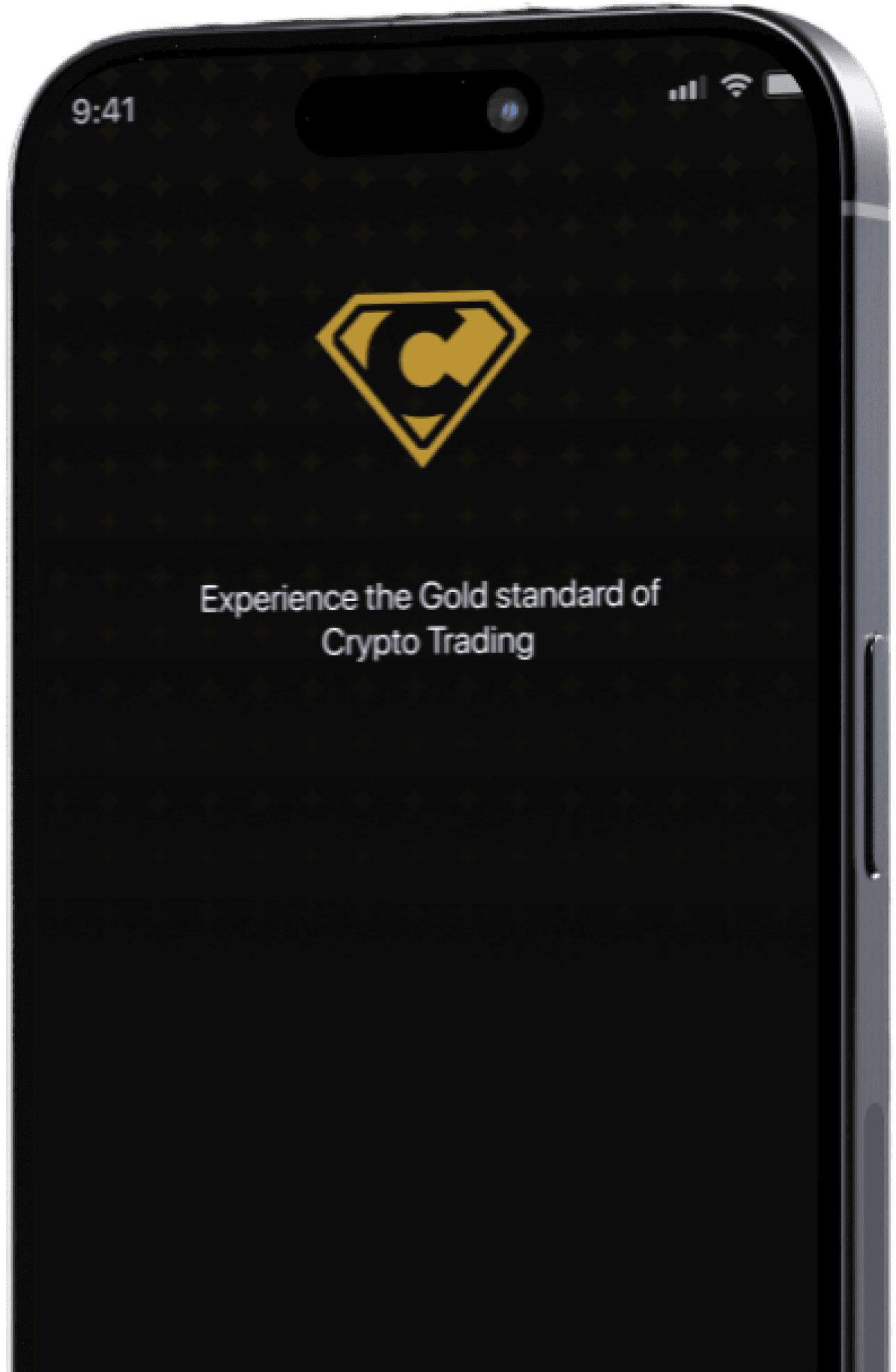

The Cryptonia Team
Cryptonia series
Jul 15, 2025
We sat down to speak with Jaiye, a software engineering student at Unilag, building a solid career for himself in Web3. His early career, breaking into web3, and of course, how much it has improved his finances.
Let’s start from the top. Who are you, and how did Web3 become a part of your story?
I’m Jaiye, a software engineer and DevRel. I started taking tech seriously in 2022. What pulled me in at first was open source. I grew up thinking everything in tech had to be paid for. I mean, we used Windows and saw people pay for software like Adobe. So finding out that massive companies use and scale with free tools completely changed how I saw tech. I thought, “Okay, I need to understand how this stuff works.”
That curiosity led me to contribute to open source. I loved it, building in public, collaborating with people across the world, and working on tools anyone could use or improve. I made a lot of friends, too. Some were from places like ConsenSys and Metamask. We even had a group for decentralized AI builders. That’s what opened the Web3 door for me.
So that’s when the Web3 bug bit?
Exactly. That’s when I started hearing about Ethereum, Solana... A friend showed me how to use Binance, and from there, I just fell deeper down the rabbit hole.
Love it. What were you doing before you fully entered Web3? Ever worked at a Nigerian company?
Yeah! My first “real” tech job was at a Nigerian Web2 company. But before that, I was deep in the Million.js ecosystem.
What’s that?
It’s a JavaScript framework that speeds up React apps.
I started as a volunteer contributor, but eventually became the second-highest contributor globally. And it wasn’t just coding, I handled the community, wrote content, did marketing... everything. We grew from 23 contributors to over 15,000 users in six months. We even got featured on Fireship, a big dev YouTube channel.
That’s huge, all that… and you were volunteering?
Yep. I didn’t earn a dime. But to be honest, it did pay off. One moment I’ll never forget was when our community raised $3,000 overnight to buy me a MacBook. I had told the founder I needed a laptop, and he encouraged me to create a video and set up a “Buy Me a Coffee” link. I went to bed and woke up to $3K. I was able to conveniently get a new MacBook. That changed everything for me. It’s still one of the biggest highlights for me, and also a great plus for my CV, it helped me land my first paid gig.
So, how did that gig lead to working with big names in Web3?
Honestly? A mix of luck, timing, community, hard work, and saying “yes” before I figured stuff out.
An example; One day, someone I used to work with called me while I was watching Netflix and asked, “Can you write?” I said yes, even though I really couldn’t. But we talked, I shared what I’d done with Million.js, and by that night, I got a job offer.
That’s how I got into DevRel. Now I help Web3 projects explain their products, grow their community, and write docs. I’ve worked with Coinbase, Livepeer, and a few others.
That’s a wild journey. But I bet it wasn’t always smooth sailing. What were some early challenges?
Oh, for sure, time management and impostor syndrome were big ones.
When I started, I was juggling school and code. I trained at this place called NIT Hub in Unilag, a huge shoutout to them. I’d wake up at 4 AM, commute to Unilag, spend the day learning and coding, and get home at like 11 PM.
Imposter syndrome also hit hard, especially in the beginning. But contributing to open source helped. I got real feedback, people reviewed my work, and over time, I built confidence.
For someone just getting into Web3, what would you say are the most important skills or mindset to have?
Understand the basics of blockchain. Even if you’re not writing smart contracts, know how things work.
Ignore the noise. Web3 is loud, filter the hype, and focus on solving real problems.
Pick a niche. You can’t do everything. Be really good at one thing, whether it’s smart contracts, frontend, community, content, etc.
Any go-to resources?
CryptoZombies is solid for beginners. But honestly? Twitter threads, Reddit, talking to friends, and reading docs helped me the most. Learning in Web3 is very social.
Also, if you’re Nigerian or Black, there’s an extra layer. You have to be mindful of how you show up. People can assume you’re just trying to cash out quickly. One time, I got paid $300 to write a technical article explaining a project’s stack. So yeah, skills are key, but how you communicate matters just as much.
What does a typical day look like for you now?
Mostly vibes and inshallah, I don’t do rigid stand-ups. I’m big on self-awareness, I know when I’m most productive, and I just try to work in flow.
And what’s been your proudest moment so far?
Building a decentralized live-streaming platform using Livepeer. We got a grant to do it, and actually shipping something real in the Web3 space? That felt amazing.
Well, Congratulations! Do you think Web3 has given you more freedom compared to Web2?
It has….but not in the way people think. The development side can still be rigid; there are rules, patterns, and standards, especially when it comes to flexibility in how software is built. It is quite strict, following specific patterns. But the freedom is in how you show up, who you work with, and what you decide to build.
Interesting, how has job security been for you?
Job security is a different story. Many Web3 projects die if they can’t find product-market fit, so sometimes it's important to properly research a project before getting it and also if a project doesn’t happen to scale, it is not a loss for you, POF(Proof of work) is very important in Web3, your experience always counts for something and will be able to land you another job sooner rather than later.
Skills are essential to be honest, and opportunities come at any time. I’ve been paid $100 just to tweet before; that’s how random Web3 can be at times.
Are you an influencer?
Nah. I don’t consider myself one, I’m a builder. That tweet was just… one of those Web3 things.
Actually, what’s the weirdest thing you’ve been paid to do in Web3?
“That tweet.”
God when! What’s your current income range?
Depends on the gigs, anywhere from $2,000 to $8,000 per month.
What’s one thing you wish you had done earlier in your career?
Nothing major tbh, just if I were starting over today, I’d focus more on learning fundamentals before niching down.
Rank these: Community, Money, Flexibility.
Community – That’s where I learned the most. Made friends. Found real opportunities. A lot of my best gigs came from DMs, not interviews.
Money – You need it to survive. And you should be paid what you’re worth.
Flexibility – It’s nice, but not more important than the first two. You still need balance.
What would you say to someone who wants to get into Web3 but feels overwhelmed?
Don’t let the tech scare you. It looks like a lot at first, but it gets easier the more you show up and contribute. And crypto is just one piece; there’s a whole world of protocols, tooling, and real-world problems waiting to be solved.
Find your people. Ask questions. Read. Join communities. Make friends. It’s a lot more fun when you’re not doing it alone.
Thank you for that! And when you’re not building?
I’m outside, really, I like to have a good time. Gym, movies (especially biographies—I love stories about great people), hanging out with friends. Lately, I’ve been exploring Solana and thinking about pivoting a bit. Trying new things, that’s really what life is about.
Honestly? I’m having a great time.

















